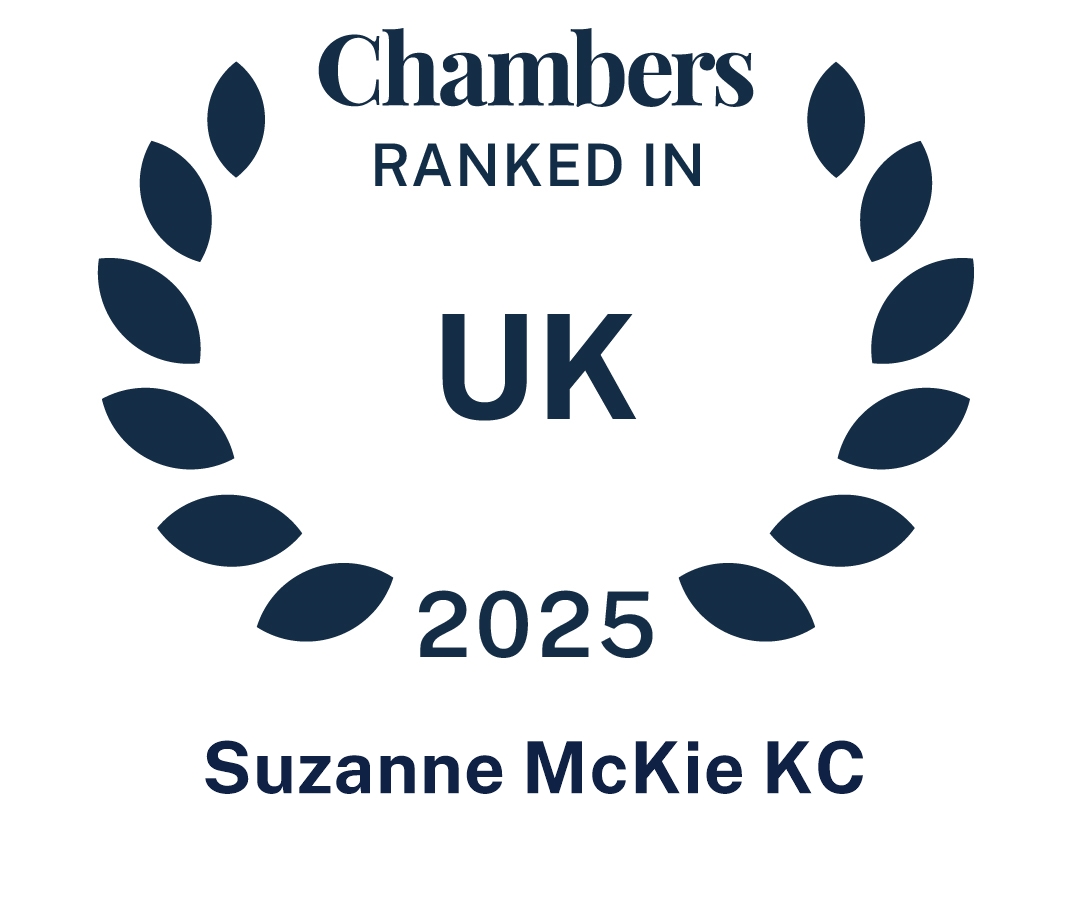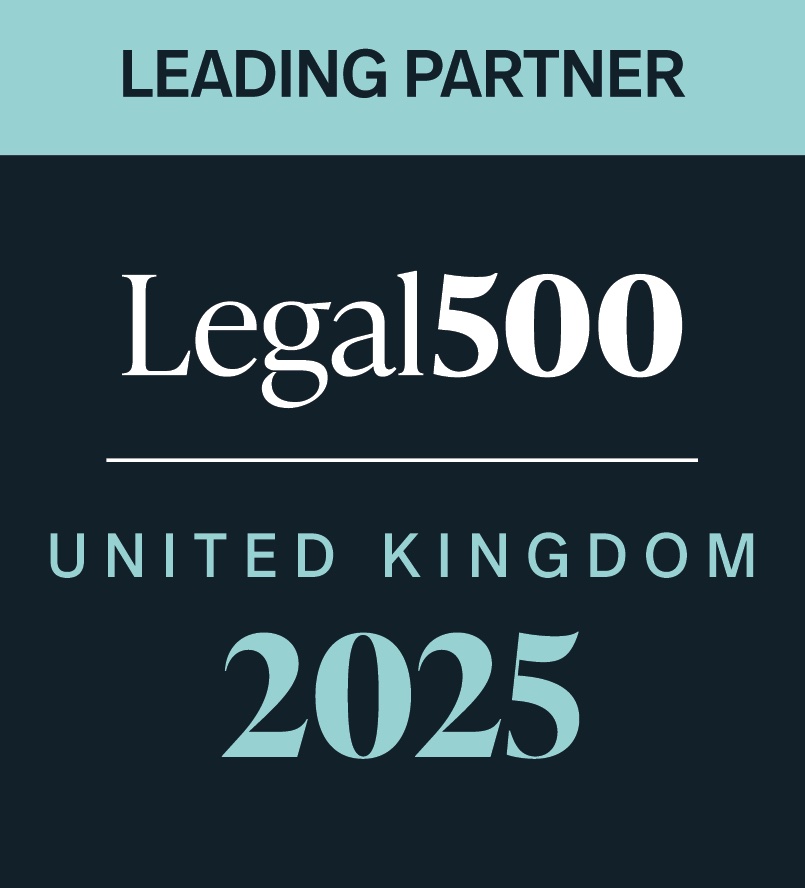
21 May 2025
|Investigations
Will AI be able to undertake workplace investigations instead of humans?
It is widely accepted that AI’s capabilities are advancing at (some will say) an alarming rate and there is concern that AI technology will mean many jobs currently done by humans will, in the not too distant future, be performed by AI. Will workplace investigations be one of them?
Workplace investigations need judgement, which entails drawing upon a person’s experience, knowledge, and skills to come to a reasoned judgement after undertaking a fine balancing act often between conflicting evidence. This is particularly important when people’s careers and futures are at stake. The decision-maker must also be able to show that they have considered all of the evidence and reached an objective and transparent outcome based on their own reasoning. The investigator may very well have to defend their decision making process in an Employment Tribunal or other forums.
Despite all the advances AI has made in recent years, AI programmes still lack judgement. It remains to be seen whether sufficient advances will be made in the future to make AI capable of coming to reasoned and credible judgements. It is hard to think that they will but in the 70’s no one would have believed that the entire world would be connected by the internet and we would be able to message someone on the other side of the world and get an instant response.
So, how can AI help for now? Well, it can help in time consuming and often laborious tasks mainly during the investigation phase by improving efficiency and consistency. These are some of the tasks AI can help with –
Data Collection & Analysis
- Natural Language Processing (NLP): AI can analyse large volumes of text, such as emails, chat logs, or reports, to identify relevant conversations or keywords. For example, if you are investigating allegations of sexual harassment, AI can scan a large volume of documents looking for sexual images or conversations.
- Sentiment Analysis: AI tools can detect emotional tone in communications, helping flag potentially inappropriate or hostile interactions.
Pattern Recognition
- This is arguably one of the most powerful capabilities of AI. By analysing vast datasets AI can identify patterns of behaviour over time—such as fraudulent transactions or repeated complaints about a specific individual or a team—that might otherwise go unnoticed. This is particularly useful in a large-scale investigation involving a huge amount of data, thousands of members of staff and a large HR department.
Interview Support
- AI-generated interview questions: Based on the case details, AI can help generate tailored and unbiased interview questions.
- Transcription & Analysis: AI tools can transcribe interviews and highlight inconsistencies in relevant statements.
Compliance & Policy Matching
- AI can automatically cross-reference behaviours or incidents with company policies or legal standards to assess potential violations.
Reporting
- AI can assist in drafting investigative reports, ensuring all relevant information is included and documented.
These are some of the benefits of AI, but what are the risks of using AI tools during workplace investigations? We set out some below:
- Don’t leave it all to AI, always have human oversight and test the data that AI unearths.
- Beware of bias – AI systems are only as good as the data they learn from, and that data is invariably created by a human whose personal biases can skew the date or AI algorithms.
- Always remember that data protection laws and obligations need to be adhered to and at the very least, you need to let your workforce know that AI is being used in the investigation.
The question is, did AI help me write this blog? Answers on an (AI generated) postcard please!
Farore Law undertakes workplace investigations into any employment or partnership related issues which requires independent analysis and inquiry. Please contact us or have a look at our website for further information and some answers to frequently asked questions.








